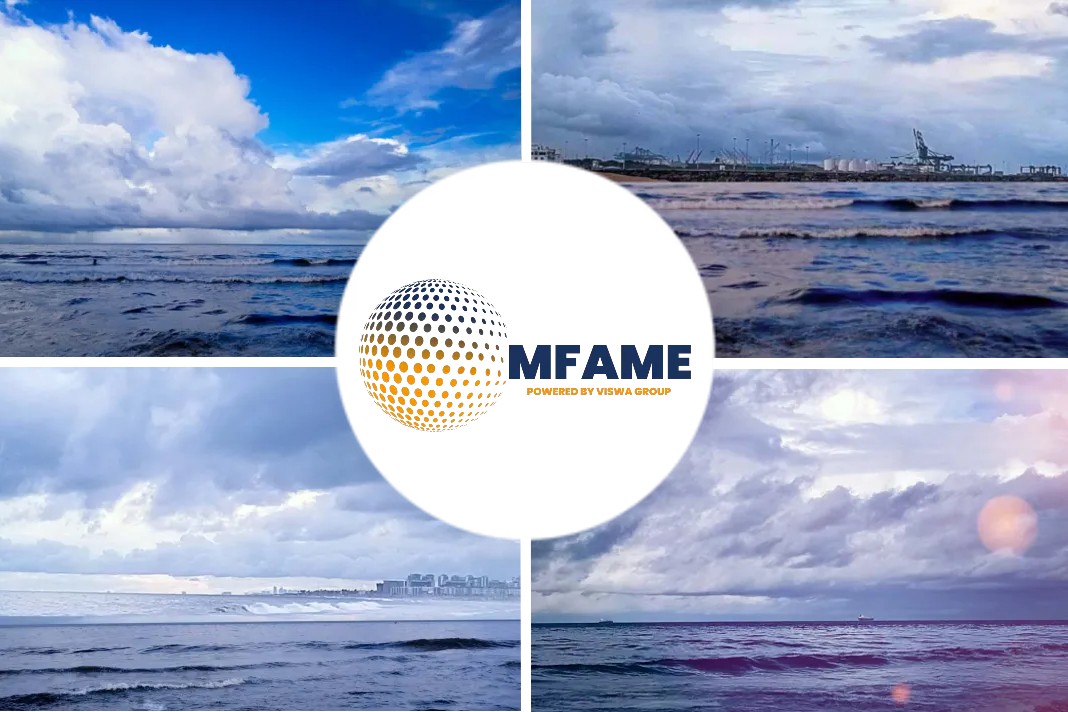- Compliant fuel oil prices soared to $700 per tonne or above, testing new highs and widening spreads against non-compliant fuels.
- Platts-assessed HSFO-VLSFO price spreads stood at $353 per tonne for trades in Singapore and $296 per tonne in Rotterdam.
- The HSFO-VLSFO price spread is one indicator commonly used by shipowners to gauge the viability of scrubber investments.
According to an article published in Llyods List, full low-sulphur operations as ships actually start consuming fuels complying with the IMO 2020 rules, as opposed to just storing them, appears to be pushing up compliant fuel prices.
Transition to multi-fuel
There are also constraints on the bunker fleet’s ability to support the transition to a multi-fuel future. Compliant fuel oil prices soared to $700 per tonne or above, testing new highs and widening spreads against non-compliant fuels. On the face of it, this may provide supporting evidence for investments already made in exhaust gas scrubbers
Prices of compliant marine fuel oil soared to new highs at the start of the new year in Singapore, playing a factor as international shipping makes the transition to mandatory low sulphur regulations.
Assessment of bunker price
Leading oil market pricing agency S&P Global Platts assessed the delivered bunker price for marine fuel oil with 0.5% sulphur — or very low sulphur fuel oil — at $700 per tonne as of yesterday in Singapore, the highest ever seen for trades done at the world’s top bunker hub by marine fuel sales.
Rotterdam’s VLSFO prices were assessed at $578 per tonne in Rotterdam, just a touch lower compared with the record $585 per tonne posted for the busiest bunker hub in Europe, Platts data showed.
Daily window performance
Platts draws its price assessments from trades performed through its daily window.
Data from trades submitted to a second pricing agency showed VLSFO prices in Singapore and Rotterdam setting new records yesterday. Argus Media assessed VLSFO delivered bunker prices at $713 per tonne in Singapore and $591.50 per tonne in Rotterdam.
“Prices are surging because shipowners will now start running vessels on low sulphur fuels, given we are in 2020, versus just buying and storing fuels onboard pre-2020,” Argus Media noted.
Blending of distillates
Burning VLSFO, which is typically derived from blending heavy fuel oil with distillates, is one option on the table for shipowners to comply with the International Maritime Organization’s 0.5% limit on sulphur in marine fuel.
Shipowners were seen as only starting to switch from running vessels on 3.5% sulphur marine fuel oil, or high sulphur fuel oil, from around late October 2019, less than three months before the regulatory deadline.
Argus Media also pointed to tight availability in the bunkering fleet contributing to recent surges in marine fuel prices, which is not likely to ease anytime soon.
“Given compatibility issues [between compliant fuels], we expect the barge tightness to become quasi-permanent.”
Licensed to operate out of Singapore
Family-owned Fratelli Cosulich is one bunker player licensed to operate out of Singapore to have recently added one more barge to its now five-strong fleet. In December, it completed the acquisition of the 2018-built Emma Cosulich from another Singapore-licensed player, Consort Bunkers.
Timothy Cosulich, who heads up the Singapore-based operations of Fratelli Cosulich, told Lloyd’s List that the acquisition was part of a fleet expansion drive that has been ongoing for several years now.
It has, though, coincided with fleet availability tightness in light of the IMO 2020 transition and the barge has secured a charter with an oil major, he said. This sixth edition, along with five earlier ones that were previously carrying HSFO, would be involved in bunkering ships with VLSFO.
Higher marine bills
Meanwhile, marine fuel bills for ships installed with scrubbers that are still permitted to burn 3.5% fuel oil or HSFO, also appear to be on the rise. Platts assessed HSFO delivered bunker prices at $347 per tonne for trades done yesterday in Singapore and $282 per tonne in Rotterdam. These are higher compared with levels seen last October when HSFO prices first fell below $200 in Rotterdam and $300 in Singapore as reflected in previous Platts assessments.
Some suppliers have started withdrawing HSFO from their marine fuel offerings. Taiwan’s state-owned CPC is no longer supplying HSFO as a marine fuel in Taichung, Keelung, and Hualien or Suao, although it is still doing so out of the main port of Kaohsiung. However, HSFO is still available as a marine fuel option at Singapore and Rotterdam, the top marine fuel hubs by bunker sales in Asia and Europe.
Did you subscribe to our daily newsletter?
It’s Free! Click here to Subscribe!
Source: Lloydslist


















